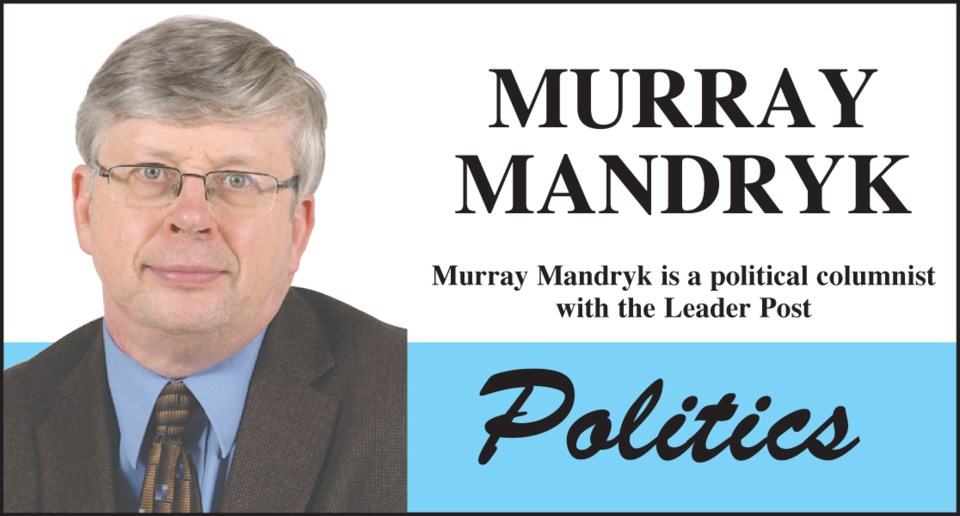The Saskatchewan Party has just received some outstanding job news — the kind of news that it might very well ride to an election win in October 2020.
There is, however a bit of ironic, bad news contained within this very good news.
What is very good news for the Sask. Party government and province as a whole is not the best news for rural Saskatchewan that may still be bearing the brunt of our changing economy.
The very good news is that month of April saw 14,200 more overall jobs —18,000 of which were full-time jobs. That we seem to have loss part-time jobs might normally be seen bad news, but with the rise in full-time employment it likely means we are seeing some part-time jobs converted into full-time ones.
And that is just the beginning of the good job new in the Saskatchewan job numbers that we have seen of late.
April represented the ninth consecutive month where Saskatchewan has seen more jobs than the same month 12 months ago.
What this strongly suggests is that the Saskatchewan economy is recovering and is on a bit of a roll, which bodes well for a governing party headed to polls next year.
The economy is a bit like a train that takes awhile to get to top speed and awhile to slow down. Historically speaking, 14,200 new jobs in a month (including 18,000 full-time ones) is nearing top speed, so it’s rather unlikely that it don’t slow down anytime soon.
It’s also noteworthy that the economy in April saw 12,100 jobs created by the private sector. There was also a healthy number of additional jobs in educational services, health care and social assistance where the Sask. Party government has been criticized for not doing enough.
Finally, there were 7,100 jobs created in Saskatoon and 2,800 jobs in Regina, where the Sask. Party is expected to struggle the most in the October 2020 general election.
But while this is all good news overall, the news is less good for rural Saskatchewan.
Although jobs in agriculture were higher than a year ago, there were 2,200 fewer people working in the natural resources sector.
That’s bad news for rural Saskatchewan where virtually all of the energy jobs exist. This means good-paying jobs in the oil patch have not come back.
Instead, we are seeing 2,500 more jobs in the accommodation and food services industries that more often are minimum-wage level jobs.
But the real problem is that the bulk of the new jobs are being created in the two big cities, while the smaller cities, towns and farms generally continue to lose jobs.
This does not mean the Sask. Party has a political problem because it already has most of the 29 rural seats sewn up.
Except for the occasional seat where we see a retiring incumbent like Lyle Stewart or Dan D’Autremont, the Sask. Party already has a veteran MLA in place to seek re-election. And given that the bulk of those rural MLAs won with 65-per-cent-or-better of the popular vote, there is certainly no reason to suspect that Premier Scott Moe is going to lose many (or perhaps even any) rural caucus to Ryan Meili’s NDP.
But it is a bit of double-edge sword in that overwhelming success in the rural seats means there is less political incentive for the government to address rural problems — especially long-standing rural problems like jobs that everyone believes the government can’t do much about anyway.
As good as the overall job news is, it very much seems that the government does have to turn its attention to doing what ever it can to help rural Saskatchewan in this area.
Murray Mandryk has been covering provincial politics for over 22 years.



